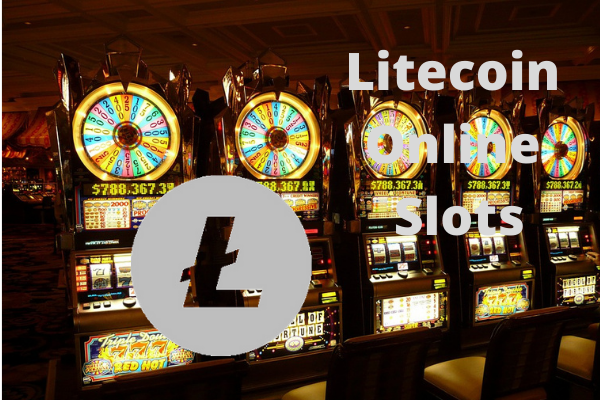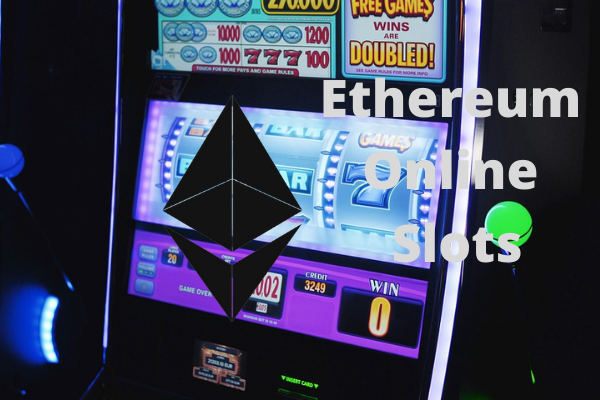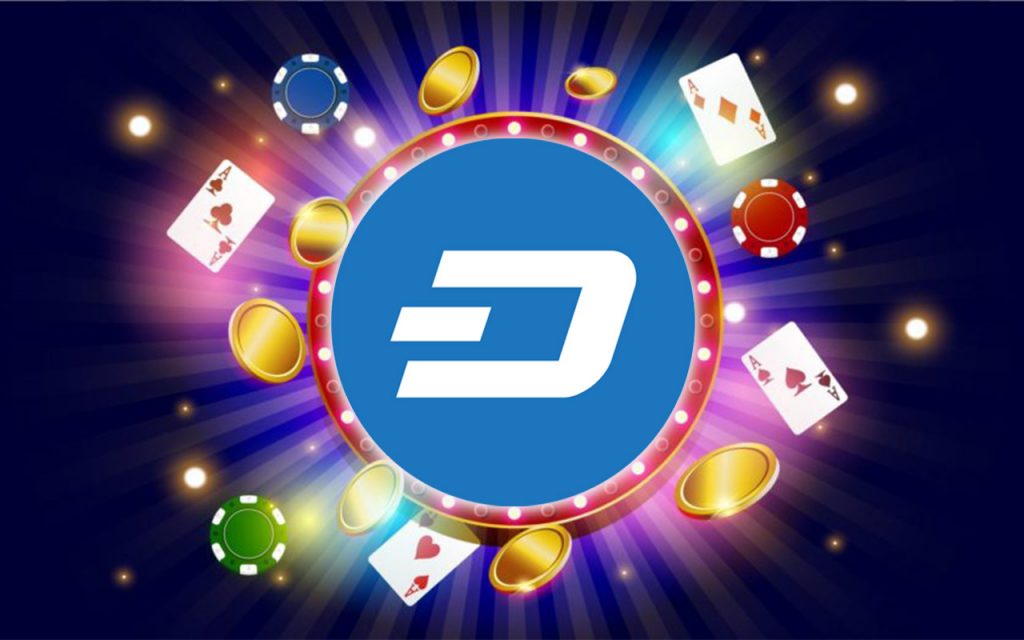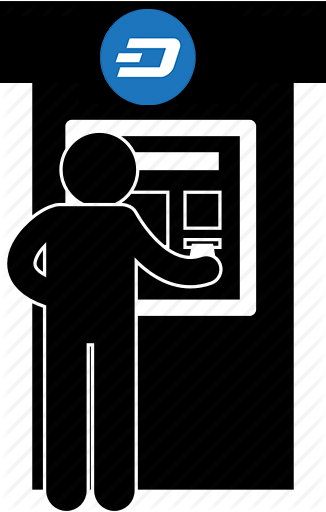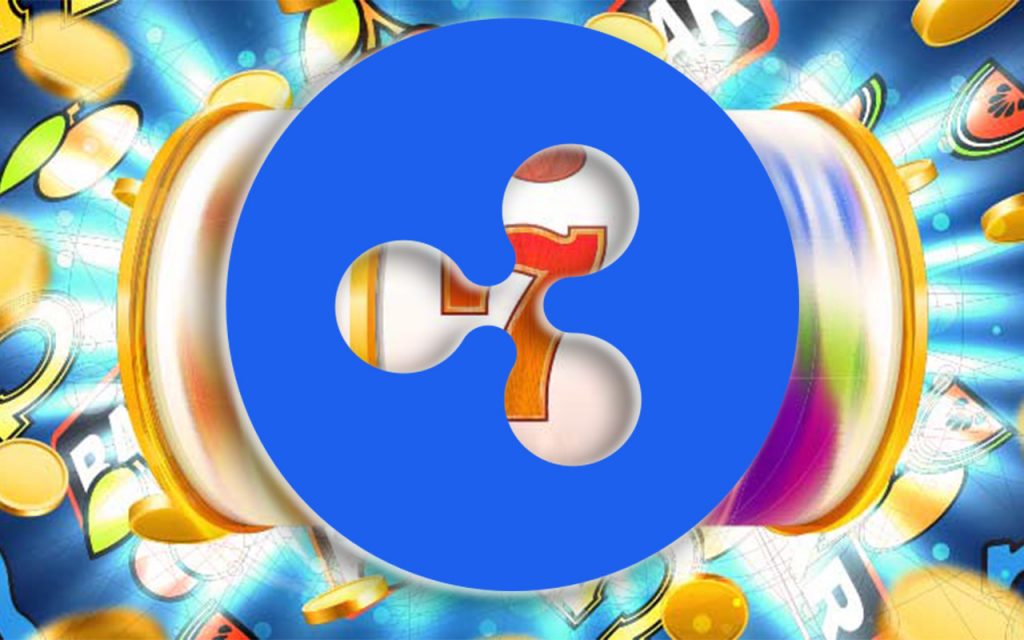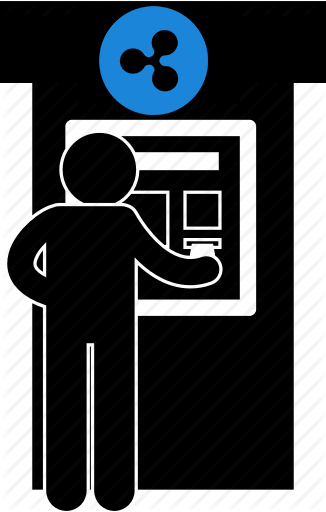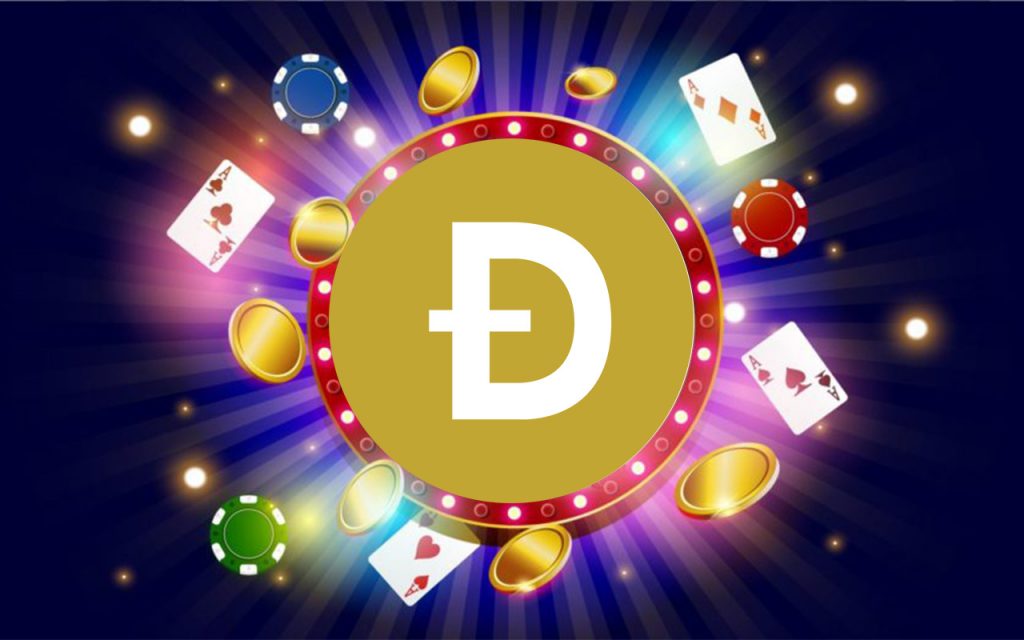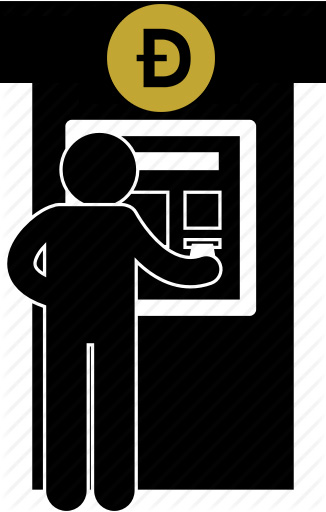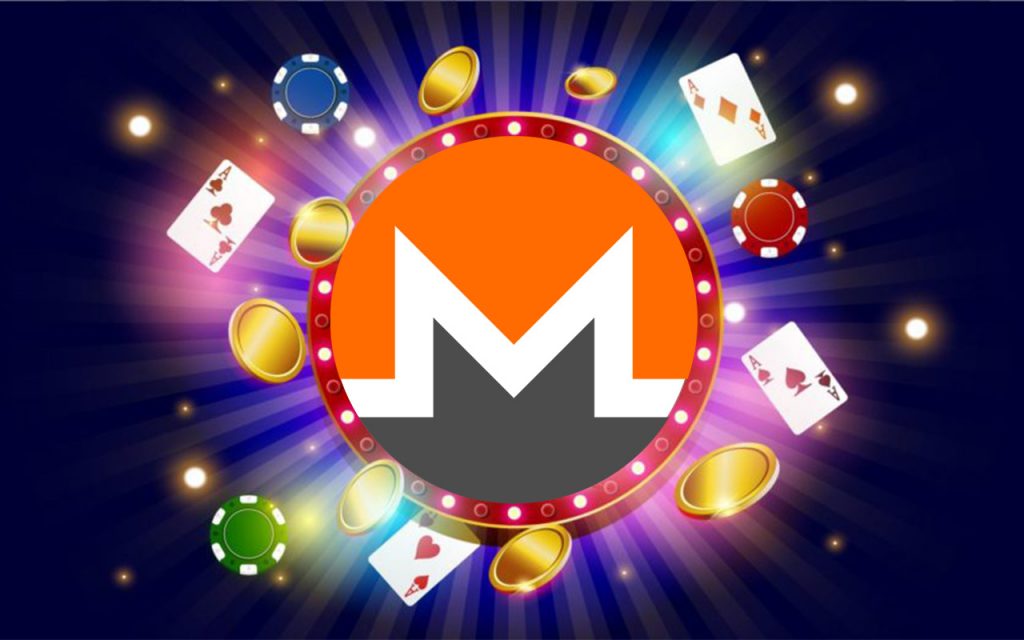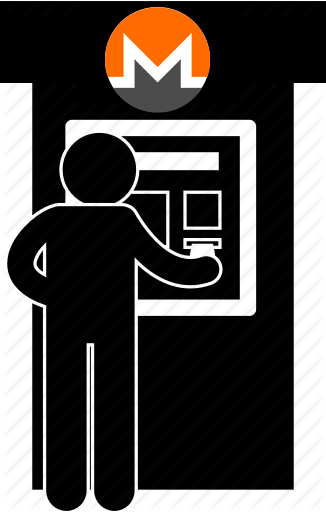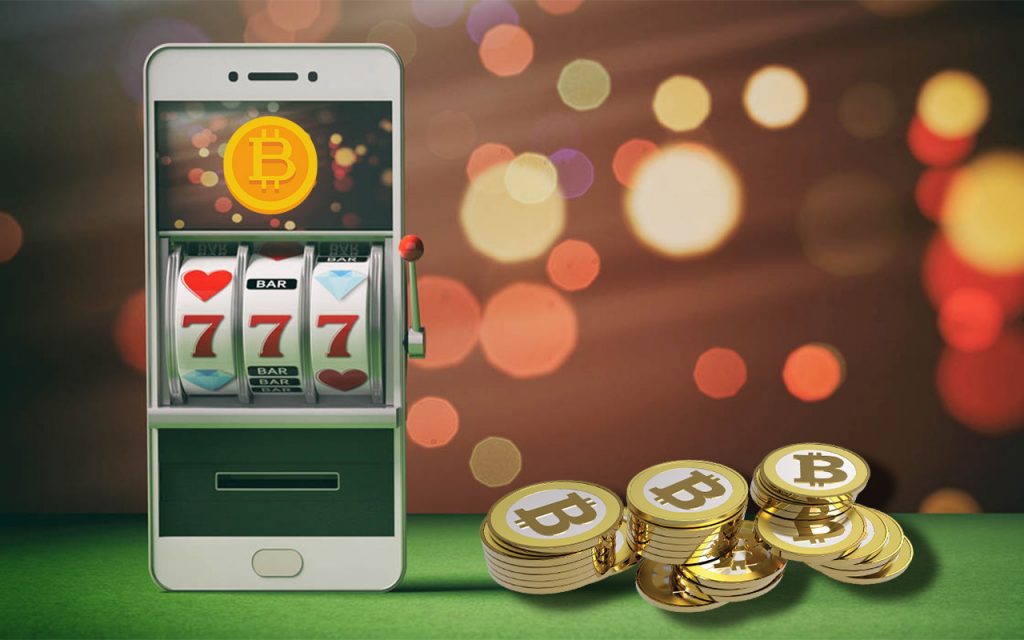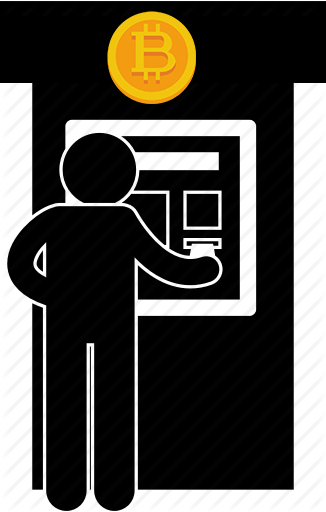The leading cryptocurrency in the world, Bitcoin, is a perfect payment option you can use in online casinos. Thanks to its lightning fast transaction times and fee-free transactions, the decentralized coin is a perfect choice for new and seasoned vets.
Best Online Casinos with Bitcoin
Finding the best online casinos that use Bitcoin is pretty challenging. There are so many you can find online, each one coming with different features. There are two types of Bitcoin casinos you’ll find online. The first one accepts fiat money and cryptocurrencies including Bitcoin, while the second type is a “pure” Bitcoin casinos that only accepts BTC.
The good news is that we have listed the best of both worlds right here on this page. All you need to do is read our reviews and sign up at the site that looks most suitable to your wants and needs. Some of the sites we recommend are major names in the industry including bitStarz, Cloudbet, and FortuneJack.
Click here to get started at the #1 Bitcoin Slot Casino which is bitStarz in our opinion!
Bitcoin gaming has exploded in the past few years. More and more casinos are joining the cryptocurrency and especially Bitcoin wave, giving their players a chance to use it to play their favorite slots and casino games.
Bitcoin Slot Games Providers
Bitcoin gaming has exploded in the past few years. More and more casinos are joining the cryptocurrency and especially Bitcoin wave, giving their players a chance to use it to play their favorite slots and casino games.
The top online casinos with Bitcoin will have hundreds (if not thousands) of games from leading software providers. The list may include Microgaming, NetEnt, Yggdrasil, and other major developers. Slots remain the most popular game in Bitcoin casinos, and at the top sites, you will have hundreds on offer.
Of course, the best casinos with Bitcoin will also offer games from smaller, niche developers. While games from top software providers can be called the best, there are some hidden gems released by smaller studios that you will certainly find fun. Besides slot, the best Bitcoin casinos also offer a slew of table and card games. Live dealer games may be included as well, giving you excellent virtual tables with live casino atmosphere and a live dealer.
Bitcoin Deposits and Withdrawals
Why use Bitcoin to deposit and withdraw? The leading cryptocurrency promises fast, safe, and secure transactions. The blockchain is one of the safest transaction spots, promising completely transparent, yet invisible deposits and withdrawals. In many cases, casinos accept Bitcoin deposits without waiting for the blockchain approval, resulting in instant transactions.
Bitcoin Casinos Restricted Countries
Before joining any casino site from our list, make sure to check the list of countries. Major Bitcoin casinos such as bitStarz don’t accept players from the UK or USA. The same can be said for FortuneJack (Australia, Sweden, and Italy included), CloudBet (no UK players), and mBit casino (UK, USA, and France players banned from sign up).
If you come from any other country, though, you can easily register and use all of Bitcoin’s benefits to your advantage.
What you should know about Bitcoin
What are cryptocurrencies?
Bitcoin, the most well-known of the cryptocurrencies, is designed to operate independently of any central authority or governmental control. It is not issued by any government and relies on a decentralized network of miners to validate transactions.
What is blockchain?
Blockchain is a digital ledger of all bitcoin transactions, providing an unchangeable public record of the flow of bitcoin from one owner to another. It is built on cryptography to secure the transactions and to prevent people from spending the same bitcoin twice.
What are the rules governing digital currencies?
The legal status of a digital currency is decided by the country or territory in which it is generated. The minimum age of a bitcoin is 18, and it is illegal for minors to buy bitcoin. Some countries, such as Japan, have regulated and taxed digital currencies.
In the United States, there are no rules on the use of bitcoin, and the Internal Revenue Service (IRS) has issued no rules or regulations on its use. The IRS said it would treat digital currencies like other property for tax purposes. The U.S. Commodity Futures Trading Commission and the Federal Trade Commission have also issued no rules.
But the Internal Revenue Service is tracking bitcoin use, saying it is “investigating the use and taxation of virtual currencies.”
What are the risks involved in digital currencies?
Bitcoin values have soared. In 2020, a single bitcoin was worth around $13. Today, the most well-known cryptocurrency has risen to more than $400, with bitcoin trading at about $2,440 Tuesday, according to the website Coindesk.
What if bitcoin’s value plummets?
If bitcoin loses much of its value, the value of any wealth tied up in bitcoin is likely to drop, too. That has happened before: bitcoin dropped by more than 80 percent between October 2020 and 2020. People who invested at the lower value were hurt, but those who bought in later recovered their losses.
Is there any value to digital currencies?
Most economists believe that cryptocurrencies will not replace traditional currencies. Cryptocurrencies do not provide a way to regulate the supply of money, a central feature of a currency. One of the main attractions of digital currencies is the anonymity they offer. For the most part, bitcoin transactions are anonymous, and people who use digital currencies cannot be identified by their real names. But that anonymity comes with risks, economists say.
Digital currencies have been used to buy illegal stuff online, with users using the anonymity offered by digital currencies to buy illegal products.
“There is a lot of hype, and it’s drawing in people who are interested in playing with this new technology,” said Jon Matonis, an economist and co-founder of the Bitcoin Foundation. But, he added, “We need to proceed with extreme caution.”
What is Bitcoin?
Bitcoin is a type of digital currency. In short, it is a digital token, or unit of account, that is not issued by a central bank or government, but instead is run and managed by thousands or millions of computer networks around the world. This means that it is not backed up by any government, and the people that manage it have no means of restricting the supply or price fluctuations caused by the demand of new units of that currency.
Who issues Bitcoin?
The project and code that makes up Bitcoin was created by a person or group of people – Bitcoin’s creator is not known – and it is the actions of this person, or a small group of them, that create the rules for it. This organisation is known as the Bitcoin Network. Bitcoin developers, or ‘miners’, maintain the system by taking on the responsibilities of creating and maintaining the software that allows it to operate.
How does mining work?
Simply put, miners use specialized rigs to solve Bitcoin mining puzzles, which is a process of connecting specific digital addresses to specific variables. These solve and then are added to the blockchain, and then solved again with each block. Once all these blocks are solved, the solutions to the puzzles are added to the block chain and the miner gets a portion of the total block reward.

How does Bitcoin work?
What is it and how does it work? Bitcoin works on a blockchain. It is a sort of public ledger where every participant records the transaction and hash of that transaction, and it is written up on a block chain, which is further subdivided into a block and a ‘chain’. The number of these kinds of blocks is increasing so we are progressing in the blockchain revolution.
The way transactions are recorded on a block chain is as follows: The participants on the blockchain add data to it and add data to it. If someone tries to alter a block, they would need to add more data to it, thus adding to it. Once enough data has been added, it will enter the chain and become the first block.
What is the next block?
One of the more significant changes to the way we do business is how blocks are recorded, and what mechanism they take.
Bitcoins can be thought of as bitcoin tokens. The blockchain is a public ledger that records every bitcoin transaction. So how does this work?
The blockchain works like the book, and has a special hash function known as SHA-256. Each input to a bitcoin transaction is made up of a hash, the sum of the characters in a bitcoin address (bitcoins) and the characters in the block (1), then the hash is applied to the previous data to give a message.
What is a Blockchain?
A blockchain is the sequence of data in which a particular set of transactions are recorded, and the miners that issued the transactions are known as the ‘haves’. These miners, known as the ‘have-nots’, are locked out of this process and all of the reward generated is held by a few mining institutions. No other party can participate. When the block containing the hash of the block is discovered, it is added to the blockchain, a public ledger which is not publicly available.
The purpose of the blockchain is to help people to manage records and transactions efficiently, so that a record can be added to the database on which the information rests. For example, when a letter is written, it can be verified and confirmed using the records on file at the British Library.
Anyone can see the transaction history of this letter, and see which banks and institutions are involved. In this way, a person can find out who is paying whom, and, when a particular transaction took place, discover who provided the funds and the identity of the sender. The blockchain allows such records to be made available and verified.
The blockchain is also useful for record-keeping in multi-signature wallets such as the ones described in this article. In a signature-based wallet, the only way a particular user can receive coins is if they allow a third party to sign their transactions and send them off to a blockchain account (also known as a ‘mining pool’) through a private key to a public address. This public address is known as the ‘signature’. The coins then remain private until the signature comes into the public view and can be seen by anyone.
Any number of software wallets can be used to protect private keys. These include KeepKey, M-Pesa, and Trezor. While the operations behind the protection of a private key for a multi-signature wallet are simple, the signature protecting it is not. To use these devices, the private key must be placed in a keychain for others to see.
To make a transaction, a user types a QR code (or similar) which tells the network to scan the QR code on a computer monitor or smartphone, and send the data from the smartphone to the wallet. Once this transaction is completed, the user receives a signature in his or her local transaction history.
Things to consider about online Slots
How to play online slots? We have a lot of well-known online slots game which you can choose. Each of these slots game have a lot of features. In fact, it is quite easy to play these online slots. However, when it comes to choose the best one, then there are a lot of considerations to make.
Features of online slots
Now let’s come to the topic of features which are most important to consider while selecting a slot game. Some features of online slots can’t be found anywhere in other online games. These features are as follows:
Trustworthy payment system:
Payment system is the most important part of online slots. Therefore, it’s important to be careful in this respect. If your payment system is not trustworthy and secure, then you are likely to lose a lot of money while playing. Therefore, before you play any online slot, you must consider the trust factor and payment system.
Fairly large jackpots:
If the jackpot is big, then it is very easy to start winning. The reason is that the payout ratio is much higher, and you can bet more. In fact, you can take a gamble and bet large sums of money. So, you can bet much more when there is a jackpot prize.
Give you many chances:
Every slot game is different. It has to be played in a different way. Therefore, you have to change the way of playing and the platform after playing the slot game.
Customized interface:
Since all online slot games have a unique interface, you have to choose the one which will be more suitable to your liking. So, choosing a good interface will definitely give you a good win.
So, these are the features which are most important for you to know. But, these features are quite difficult to figure out. However, after learning them, it’s possible for you to choose a good online slot game.

